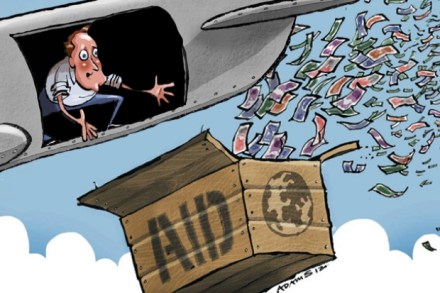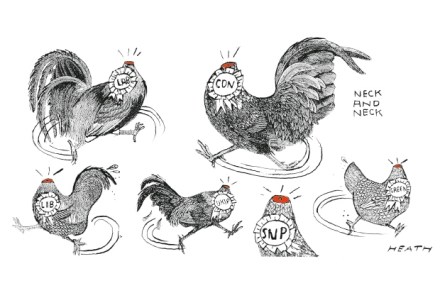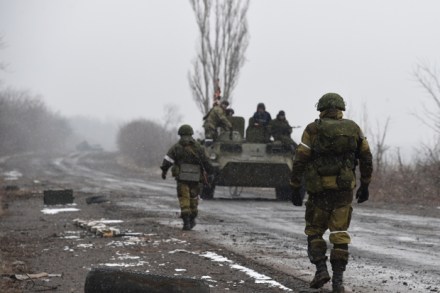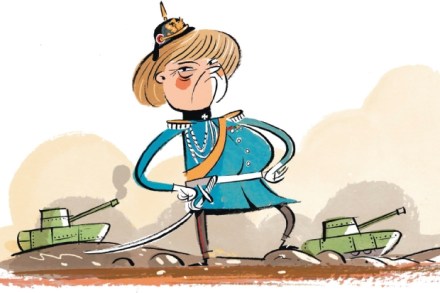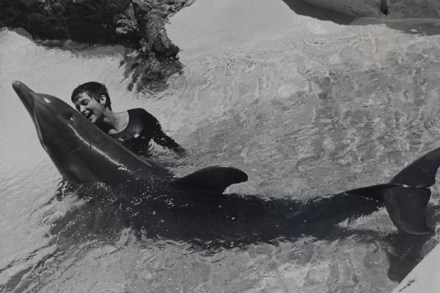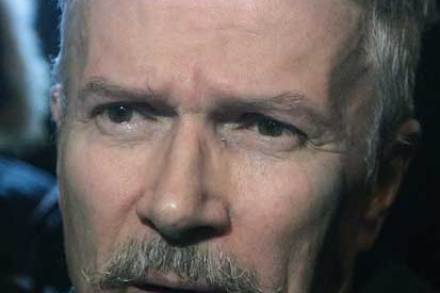Watching the next war
Late last month, on a windswept plain near the Polish town of Zagan, the defence ministers of Poland, Germany, Norway and the Netherlands joined the Nato secretary-general, Jens Stoltenberg, to watch Nato’s response to Russia’s incursions into eastern Europe. The dramatic culmination of a week of military manoeuvres, Exercise Noble Jump was a spectacular show of force by Nato’s new VJTF brigade. More than 2,000 troops from nine countries fought a fierce mock-battle against irregular militia, with live ammunition. Huddled in the attendant press pack, struggling to insert my earplugs, this awesome demonstration felt like confirmation — if any were needed — that Europe stands on the brink of a


